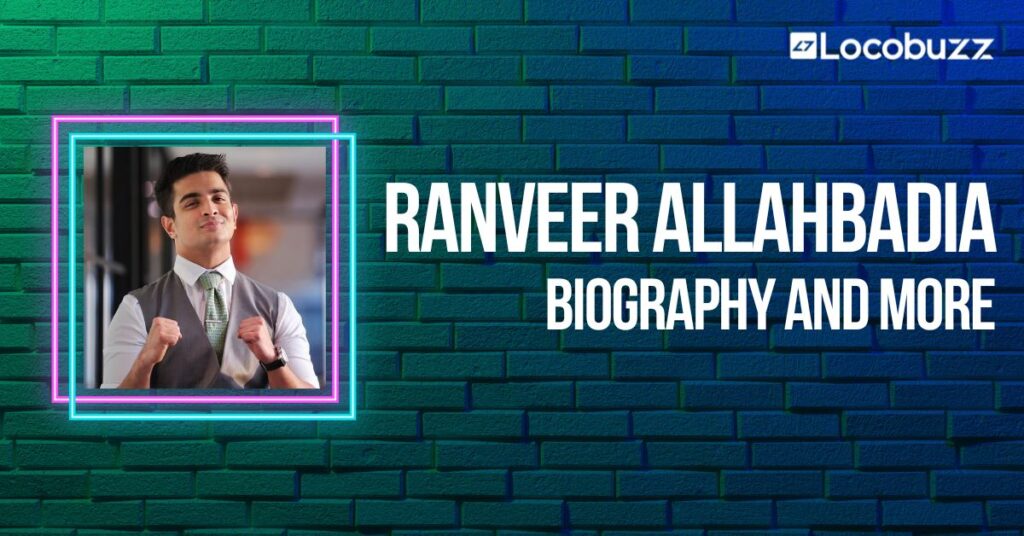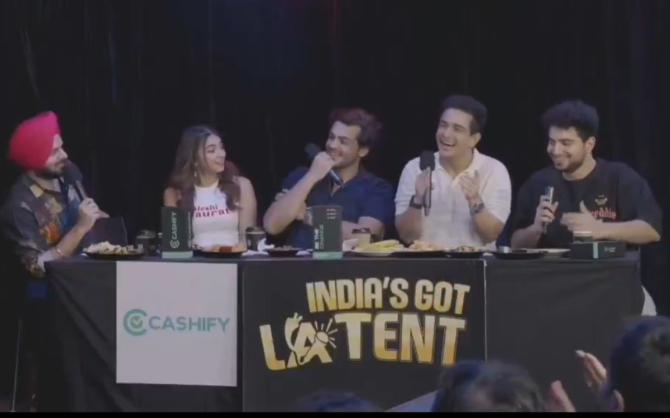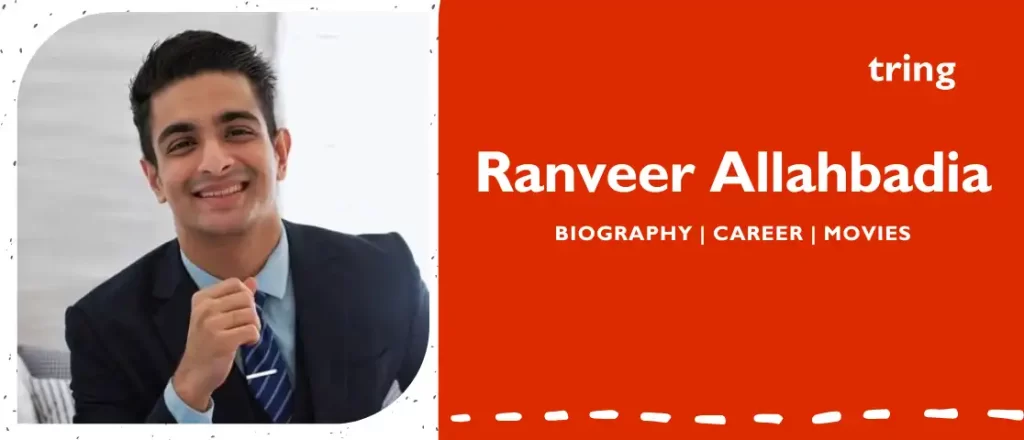The Indian online content ecosystem has been shaken in recent weeks by a major controversy surrounding popular YouTuber and podcaster Ranveer Allahbadia, commonly mentioned to while Beer Biceps. The controversy is over something he said in an episode of the YouTube sketch comedy series “India’s Got Latent” hosted by comedian Samay Raina. The controversy has set off arguments over freedom of expression, the limits of humor, and the potential for India to regulate internet material more strictly.
The Scandalous Episode
February 10, 2025, was the day when Ranveer Allahbadia guest-judged on “India’s Got Latent” jointly with Ashish Chanchlani and other content producers, Jaspreet Singh, and Apoorva Mukhija. At some point in the episode, Allahbadia asked a contestant an unsettling question:
“What would we choose view them engage in sex all the time during each day of your life or participate instantly and make them end always?”
This comment was operated to instantly with anger by both viewers and members of the online community, labeling it to be obscene and not proper. The resultant furore saw several complaints against Allahbadia and Raina, together with other producers involved in the show, having been lodged to the police.

Legal Consequences
Law enforcement officials in some jurisdictions took action after the public outcry. The Maharashtra Cyber Police filed a First Information Report (FIR) against Allahbadia, Raina, and other performers involved in the incident, accusing them of dissemination of obscene material in electronic form in accordance with Information Technology Act Section 67. Likewise, the Assam Police filed an FIR on the same reasons. These legal actions highlighted the seriousness with which powers that be handled the matter.
Even if you are summoned to answer questions, Allahbadia is said to have refused to show up in front of Maharashtra Cyber Police twice. His officers found his apartment in Versova locked while making efforts to hand him the summon. This will raise suspicion about his willingness to assist with the probe.
Public Apology and Content Removal
In the midst of growing controversy, Allahbadia made a public apology, admitting that his words were insensitive and had offended many. He apologized for his behavior and said that the offending portions had been cut from the show. In addition, host Samay Raina promised full cooperation with the police to ensure a fair investigation & took all of the “India’s Got Latent” episodes off his YouTube channel.

Supreme Court Intervention
The incident’s legal results reached India’s Supreme Court. In order to avoid arrest and to have multiple allegations against him combined, Allahbadia filed a writ -petition. A group of Supreme Court judges on February 18, 2025, granted him protection from arrest but condemned his behavior to be reflective of a “lack of responsibility” and while “condemnable.” The court effectively limited Allahbadia’s travel by ordering him to halt all performances for the time being and give up his passport. After it emerged that he had received death threats, the court immediately allowed him to seek protection from the police.
Broader Implications and Industry Response
The “India’s Got Latent” controversy stemmed from an overall problem in India around the legalization of digital information and freedom of expression. There was a parliamentary committee letter urging the Ministry of Information Technology to approach Parliament & consider amendments in law to rein in obscene/offending content. It has had implications of cautionary fears over this is causing digital producers to feel more censored.
Content creators & comedians have feared that such incidents may result in a chilling effect on artistic freedom. Threat of legal actions and public blame may inspire artists to self-censor, reducing the richness and diversity of content put out to audiences.

Historical Context of Censorship of Indian Comedy
The incident is not unique; it is part of a trend of issues that comedians and the challenges faced by content producers in India. Over the past few years, a number of comedians have been targeted for their content, usually resulting in legal proceedings, social media bullying, and show cancellations. The example of comedian Munawar Faruqui, who was arrested in 2021 on charges of hurting religious feelings while performing, show an awkward situation that artists find themselves in. trying to balance the subtle dance of humor, social norms, and legal limits in India.
The Role of Social Media and Public Opinion
Social media sites have increased public debate, facilitating rapid mobilization of both support and opposition. In the “India’s Got Latent” example, the backlash was swift and far-reaching, highlighting the influence of digital sites in framing narratives & informing legal and political reactions. At the same time, this ease of information flow introduces questions of the potential for mob justice and the degradation of subtle debate.
Potential for Regulatory Changes
The debate and rules around digital content have led to disagreements about the need for more specific standards. Whereas it is important to protect societal values, Additionally, the right to free speech needs has to be protected. Finding a balance between these two requirements present a unique dilemma for decision-makers. Legislation that is proposed to oversee digital content must effectively weigh the possible effect on creative freedom and refrain from creating a culture of censorship.
